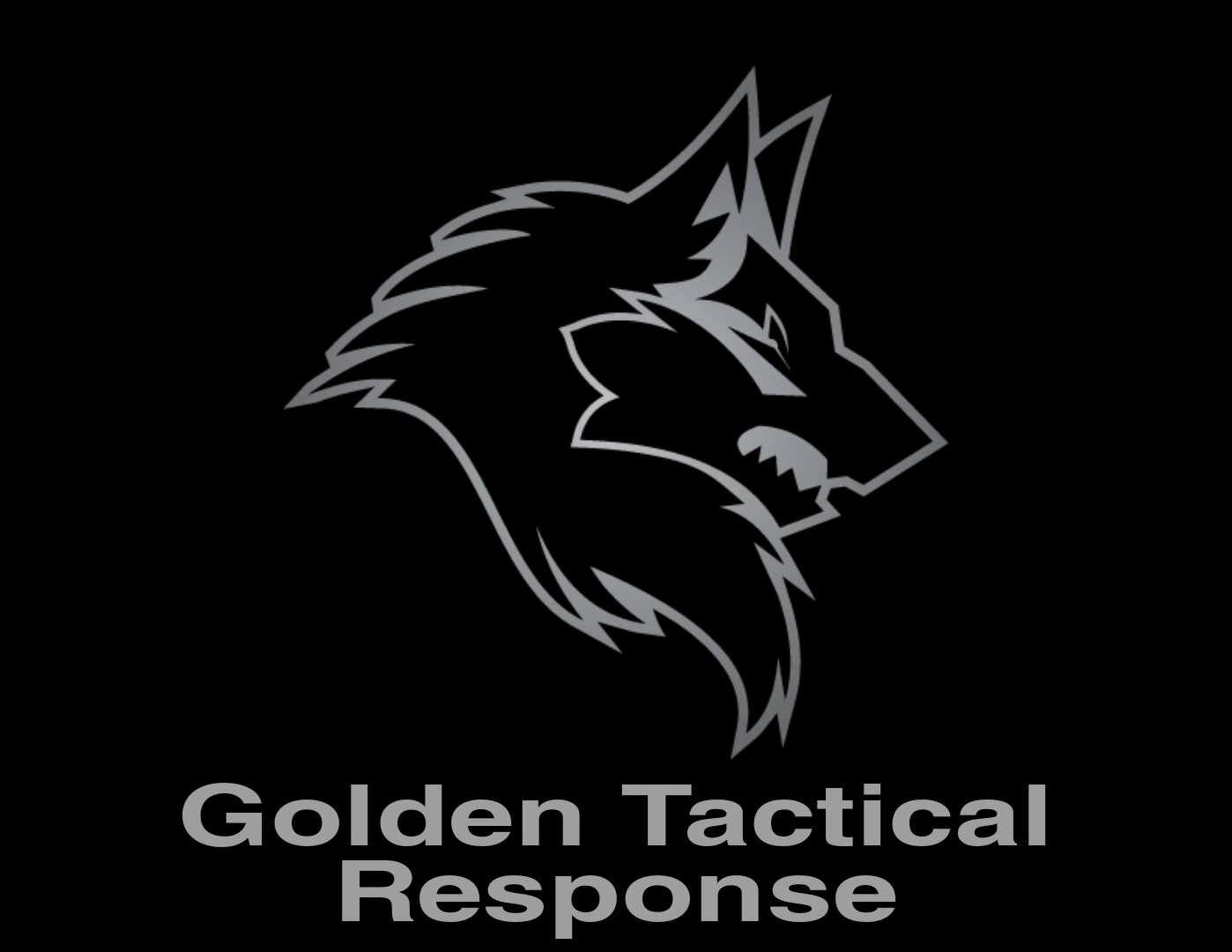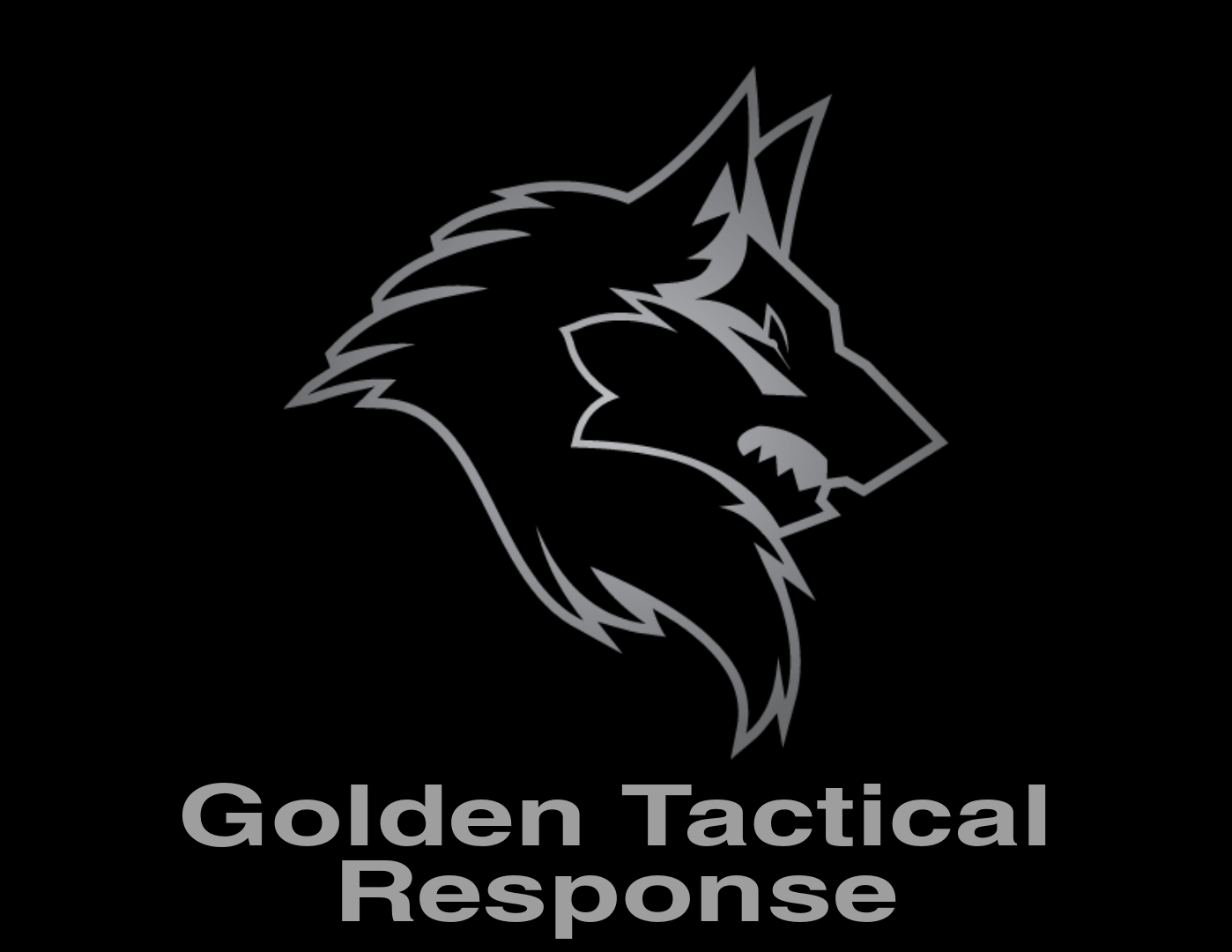Follow us on Social Media
Understand your fire watch responsibilities
Fire Watch Questions?
Topics Covered in this post
- Definition of a fire watch
- Basic requirements for fire watchers
- Where do you find fire watchers
- Factors to consider when using internal employees
- Making sure your fire watch policy meets requirements
- Access to the Fort Worth Texas Fire Prevention and Protection Policy
If your building has a fire alarm system and/or a water-based fire protection system such as a sprinkler system, the National Fire Protection Association (NFPA) 101 Life Safety Code (LSC) may require you to establish a fire watch if the aforementioned systems become disabled.
While the requirement to respond to impairments in your fire protection system comes from the Life Safety Code, the specific requirements for doing so reside in Chapter 15 of the NFPA 25 Standard for the Inspection,
Testing, and Maintenance of Water-Based Fire Protection Systems, which specifies the requirements for how to respond to sprinkler system impairments. And, according to Annex A of the NFPA 72 Fire Alarm and Signaling Code, a fire watch may also be needed in cases where the fire alarm signaling system is impaired.
This article will assist you learn more about fire watches, including what they are, what they involve, and when they must be implemented.
Definition of a Fire Watch
In Chapter 3 of the Life Safety Code, a fire watch is defined as the assignment of one or more people with the following tasks:
Notifying the fire department, the building occupants, or both of an emergency
- Preventing a fire from occurring
- Extinguishing small fires
- Protecting the public from fire or life safety dangers
Emergency impairments can include an interruption in the water supply to the system, frozen or ruptured pipes, equipment failure, and any impairments that are identified during inspections of the system. The Code also covers pre-planned impairments that occur when the system must be shut down for a period of time to allow for open flame operations such as welding in an area with automatic fire detection systems or disconnecting the system for the purposes of testing and maintenance.
An "abnormal condition" in the NFPA 72 is defined as an "inoperable" system or component, according to sprinklers and other water-based fire protection systems. The need for a fire watch can be triggered by any of the following equipment or components of your system:
- Sprinkler systems, including water spray, water mist, and foam-water systems
- Standpipe systems
- Fire pumps and fire hose systems
- Water storage tanks and underground fire service mains
- Interruptions in the water supply
While the NFPA standards do not specifically address the question of how much of the fire protection system must be impaired to trigger the fire watch requirement, a fire watch should be implemented any time the system or a significant portion of the system cannot operate as intended. It is also important to note that the requirement to implement a fire watch applies regardless of the nature of the impairment and is triggered by the amount of time that the system is impaired.
Basic Requirements for Fire Watchers
According to the NFPA, if a fire alarm system is out of service for more than four hours in a 24-hour period, a fire watch is necessary. In the case of water-based fire protection systems, a fire watch is required if the system fails for 10 hours or more in a 24-hour period. The fire department must be notified in both cases.
A frequent misconception with fire watch rules is that they must be out of service for more than four hours in a row before a fire watch is required. This isn't true, though. When the total number of outages during a 24-hour period exceeds four hours, the obligation applies.
A fire watch entails the constant monitoring of all parts of the building affected by the disability in order to look for signs of smoke, fire, or other anomalies. If a life-threatening emergency is discovered during a fire watch, the individual conducting it must immediately contact emergency services, notify occupants about the situation, and assist them in their evacuation.
Fire watchers must also check any unoccupied spaces, such as storage rooms, crawl areas, and any hidden locations, in addition to the afflicted regions. All activities carried out as part of a fire watch must also be recorded. As a result, anyone performing the fire watch should also be trained on how to fill out fire watch log sheets.
The fire watch must continue until the entire system is restored to operating condition, and only after any necessary inspections and tests have been performed to ensure that affected systems are in working order and the fire department has been notified.
Where to Find Your Fire Watchers
Sprinkler and alarm malfunctions aren't everyday occurrences. When they do, though, fast decisions are required. Ideally, your fire watch policy should contain a strategy for swiftly reacting to ensure that your compliance with the rule is maintained.
Building owners basically two options when it comes to performing fire watches — they can have current employees step in to serve as fire watchers while the system is down, or they can outsource the fire watch tasks to a professional security company that specialises in fire watch duties, like Golden Tactical Response.
If you want to put your staff on fire watch, be sure they follow fire watch OSHA standards for fire watches. In addition to demanding thorough training in how to do a fire watch, Section 1915.504 requires businesses to create and maintain a current written fire watch policy that specifies the following:
- The duties employees are to perform when conducting a fire watch and the equipment they must be provided for this purpose
- The personal protective equipment (PPE) that must be made available to them and which they must wear when conducting a fire watch
It's critical to consider the advantages and drawbacks of repurposing employees to serve as fire watchers before deciding whether or not to utilize them. Consider the following factors while making your decision:
- Productivity: Employees may not, for example, do their regular job while on fire watch. Because a fire watch must be maintained at all times during an outage, and possibly for an extended period of time, this is a significant issue. Depending on the tasks of these people in your company, having them perform fire watch duties may be very costly in terms of lost productivity. This issue can be mitigated by employing an specialist security company like Golden Tactical Response for fire watch services.
- Training and equipment costs — There are additional expenses when you deploy staff to perform fire watches, including training them on the requirements of a fire watch and providing them with all the necessary fire safety equipment, communication devices, and PPE. When employing a security firm like Golden Tactical Response, you may anticipate your fire watchers to be fully trained and equipped.
- Potential legal liability — Fire watches may or may not be included in a building’s insurance policy. If it isn’t and a fire were to break out, the building owner may be held liable for any damages. In addition, if any employees repurposed to this duty get injured or hurt, there may be reputational and financial exposure for the company.
With all of the advantages that they provide, it may appear as if hiring a security firm is the best option. This may or may not be true for your company. The most important thing is to investigate all of your choices while developing your fire watch policy so it can be put into action quickly in the event of a fire sprinkler or alarm system failure.
Making Sure Your Fire Watch Policy Meets Requirements
When it comes to compliance, fire watch policies can be complex, and they may have different interpretations regarding some aspects of the regulations. However, a fire watch policy is a critical component of your building’s comprehensive fire protection plan. Contact Golden Tactical Response today with any questions you may have regarding your fire watch policy. We can help you evaluate whether the policy and your fire protection plan as a whole will meet all applicable regulations.
For fire watch requirements, the Fort Worth Texas Fire Prevention and Protection Policy can found here.
As always, if you have an emergency in Fort Worth Texas, continue to call or text 911 to report a need for police, fire or EMS assistance. However, if you feel that you are experiencing a longer than expected delay in your call being answered for a fire or medical issue, call the Fort Worth Fire Department at 817-923-6699.
Security Services

Licensed and Insured
License# C18874401
Website Designed and Managed by
The Virtual Matrix - Specialists in Digital Marketing for the security industry
All Rights Reserved |


